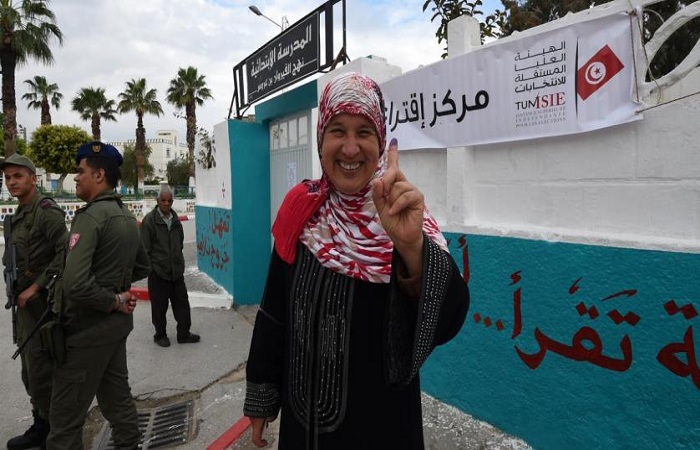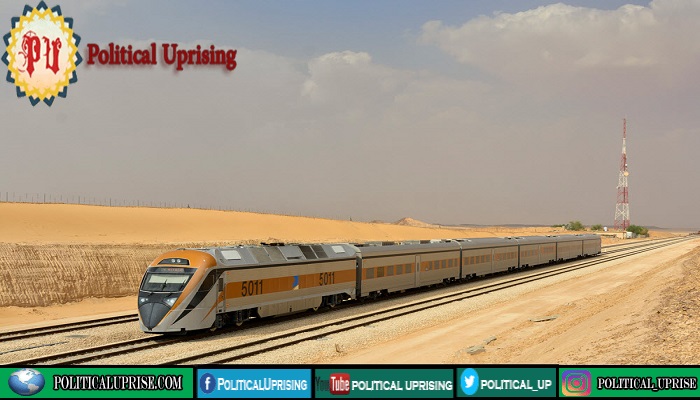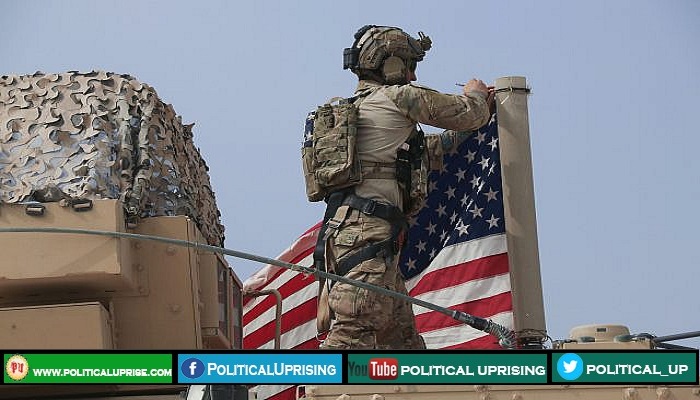Tunisians are voting to elect one president from Twenty-six candidates who are running in the uncertain first round. They include the media mogul Nabil Karoui, who is in prison on corruption charges that he denies, the prime minister, Youssef Chahed, and Abdelfattah Mourou, who heads a first-time bid on behalf of his Islamist inspired Ennahdha party.
People in Tunisia are casting their ballots in the country’s presidential election, with some of Tunisia’s most prominent politicians taking part in the contest.
It is the second presidential vote in the country since longtime ruler Ben Ali was removed during the revolution in 2011.
The election was brought forward by the death in July of 92-year-old president Beji Caid Essebsi, who had served as head of state since 2014.
More than seven million people are eligible to choose among 24 candidates on Sunday, making the outcome difficult to predict.
Candidates must secure 50 percent of the vote to win outright, but if none of the candidates obtains a majority on Sunday, the two with the most votes will advance to a second, decisive round.
Polls opened at 8am (07:00 GMT) and some will remain open until 6pm, while others will close two hours earlier for security reasons.
The crowded field of 26 was narrowed slightly by the last-minute withdrawal of two candidates in favour of Defence Minister Abdelkarim Zbidi just before Saturday’s campaign blackout.
Zbidi has pledged he will change Tunisia’s Constitution to resolve the deadlock between the presidency and Parliament.
Tunisia’s president has limited powers – in charge of foreign policy, defence and national security – and governs alongside a prime minister chosen by Parliament who has authority over domestic affairs.
Seven million Tunisians headed to the polls on Sunday in the country’s second presidential election since its 2011 revolution, faced with a crowded list of candidates, uncertainty and widespread disillusion over the country’s progress in the last eight years.
Seventy thousand police officers and 30,000-plus troops have been deployed around a country where there has been sporadic, but sometimes serious, terrorist attacks in recent years.
In La Marsa, the wealthy sea side neighborhood of Tunis, early voting on Sunday morning was busy. As prime minister Chahed emerged from a polling station surrounded by a scrum of photographers, Lofti Jalassi, 52, followed with his son. Like many Tunisians during the campaign, he complained about the trajectory of the country since the revolution that launched the Arab spring in 2011.



